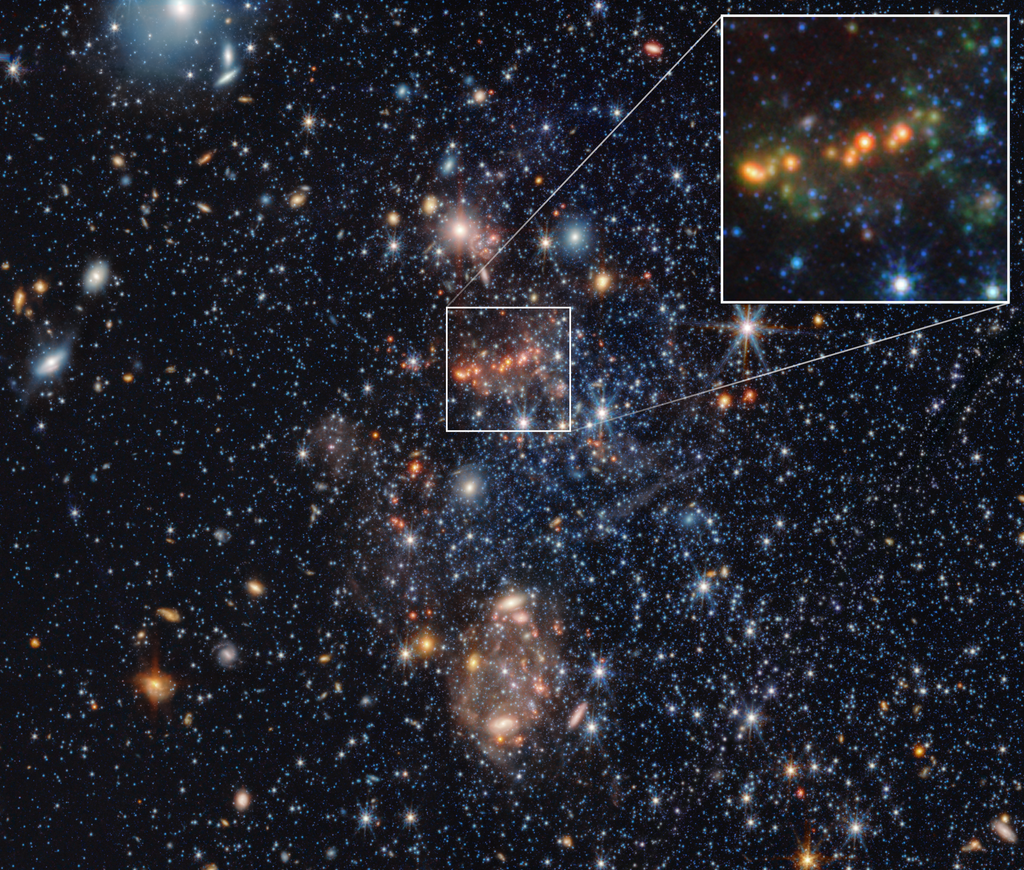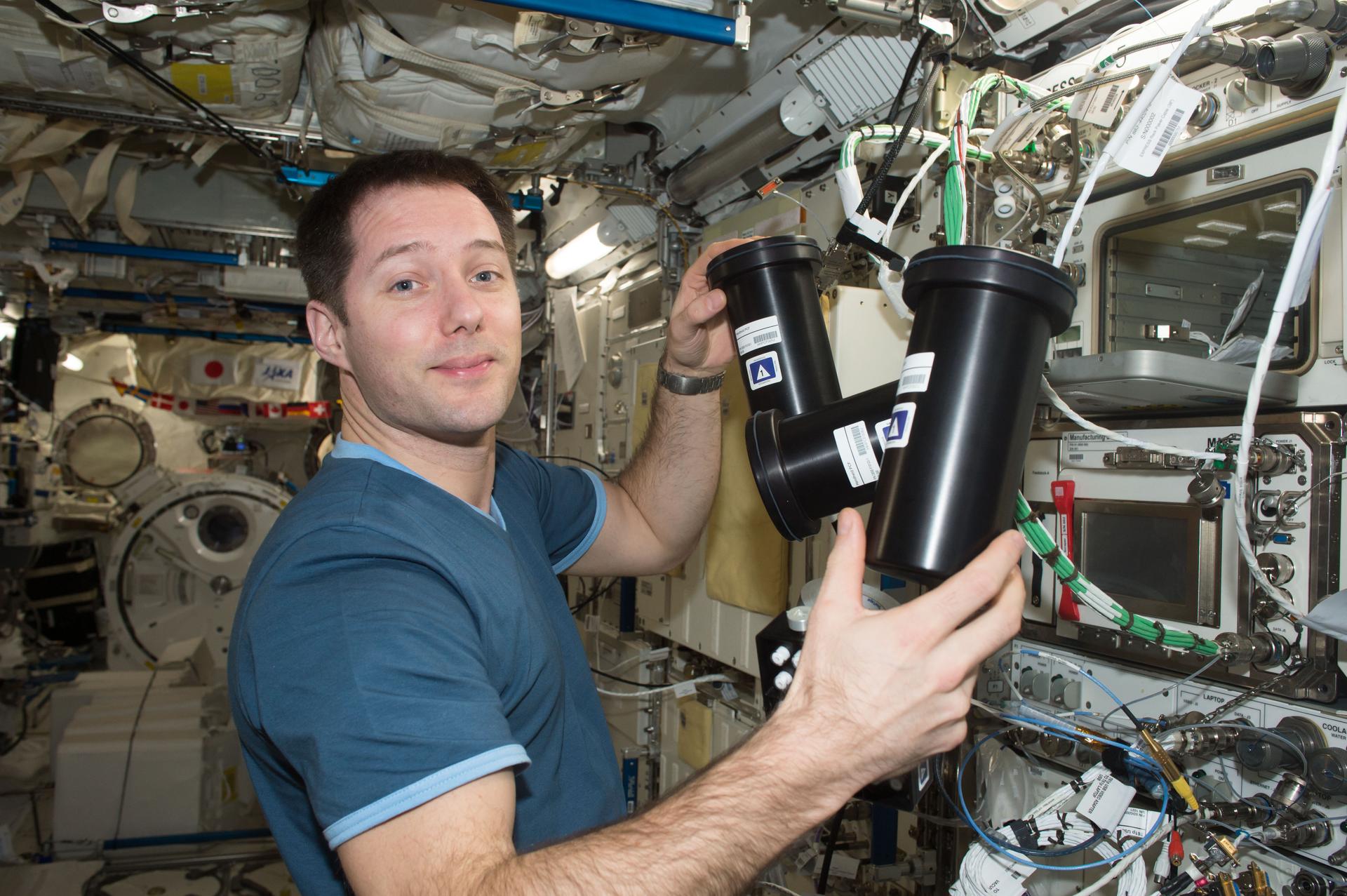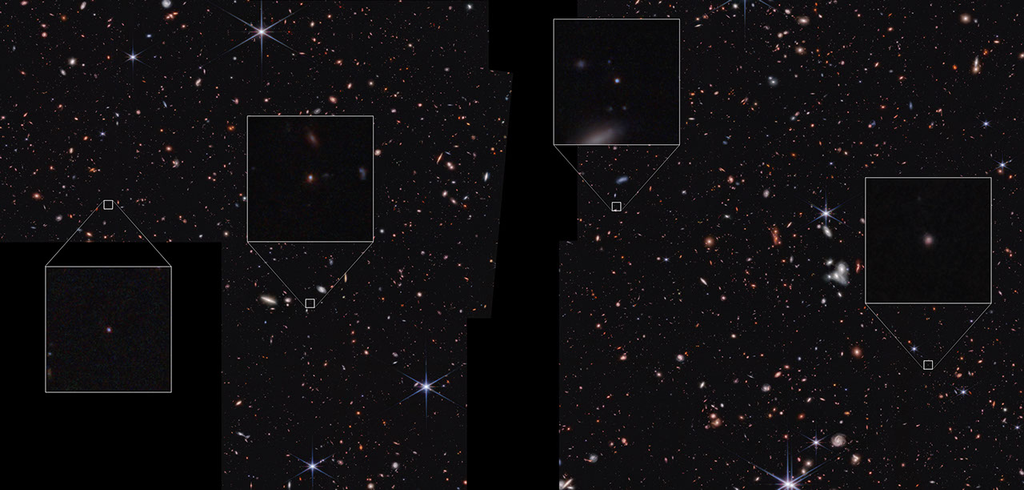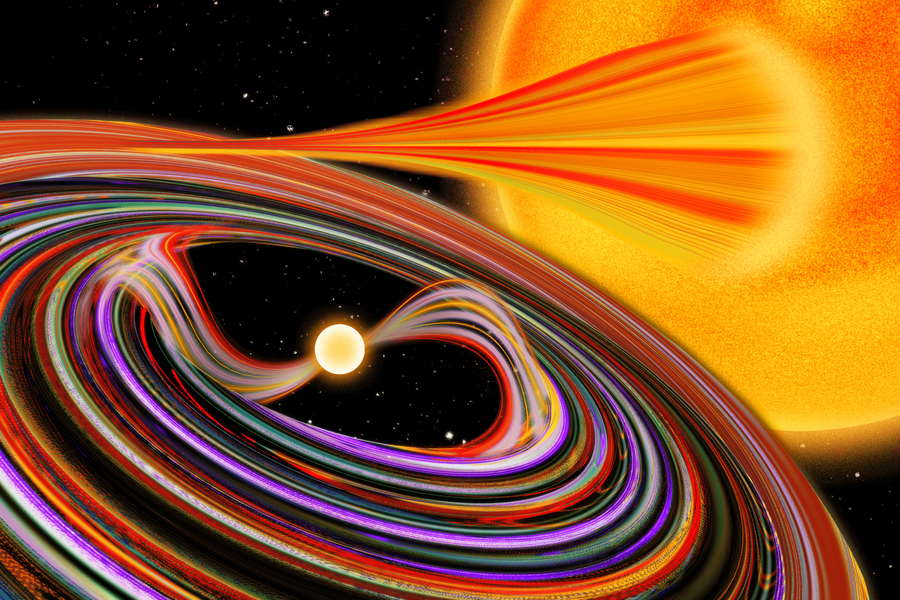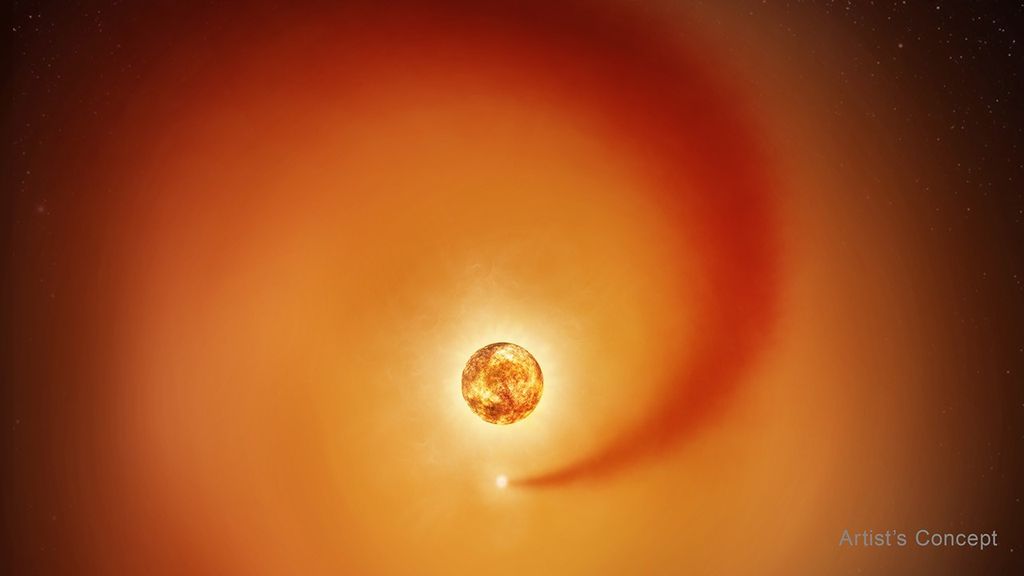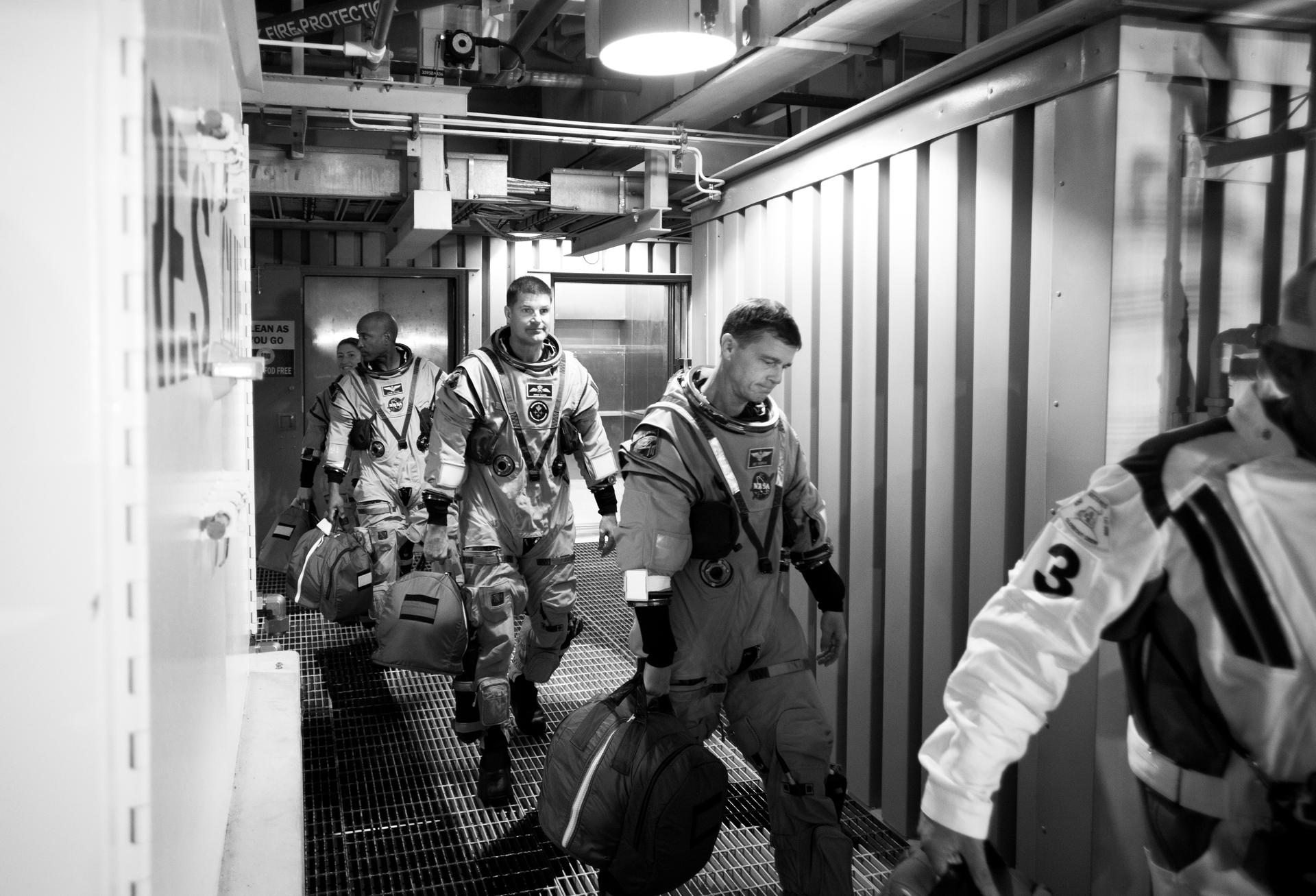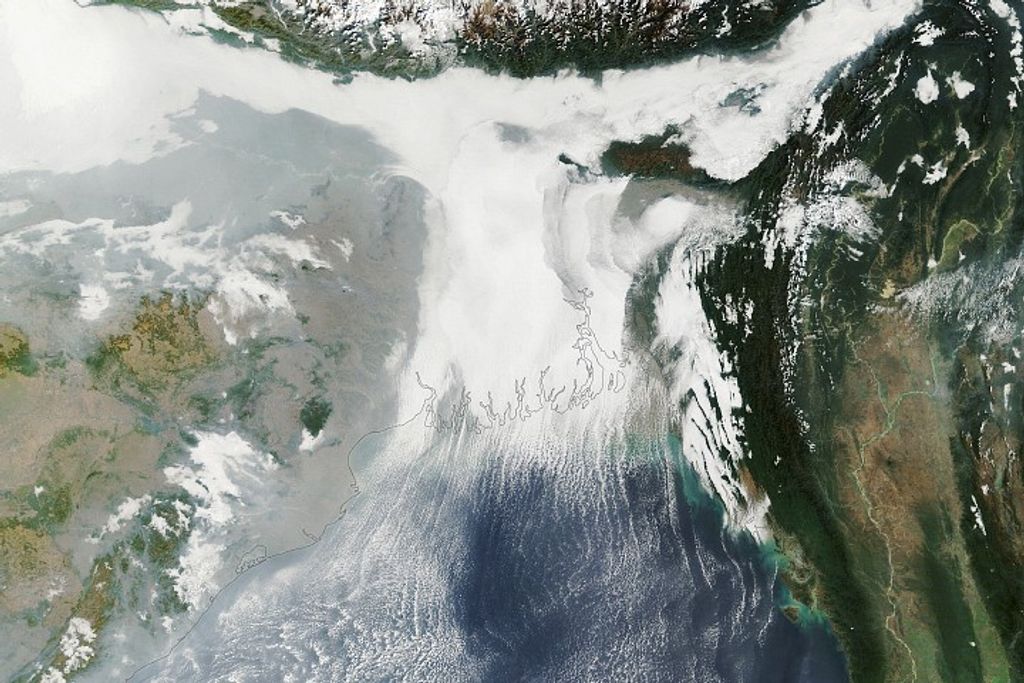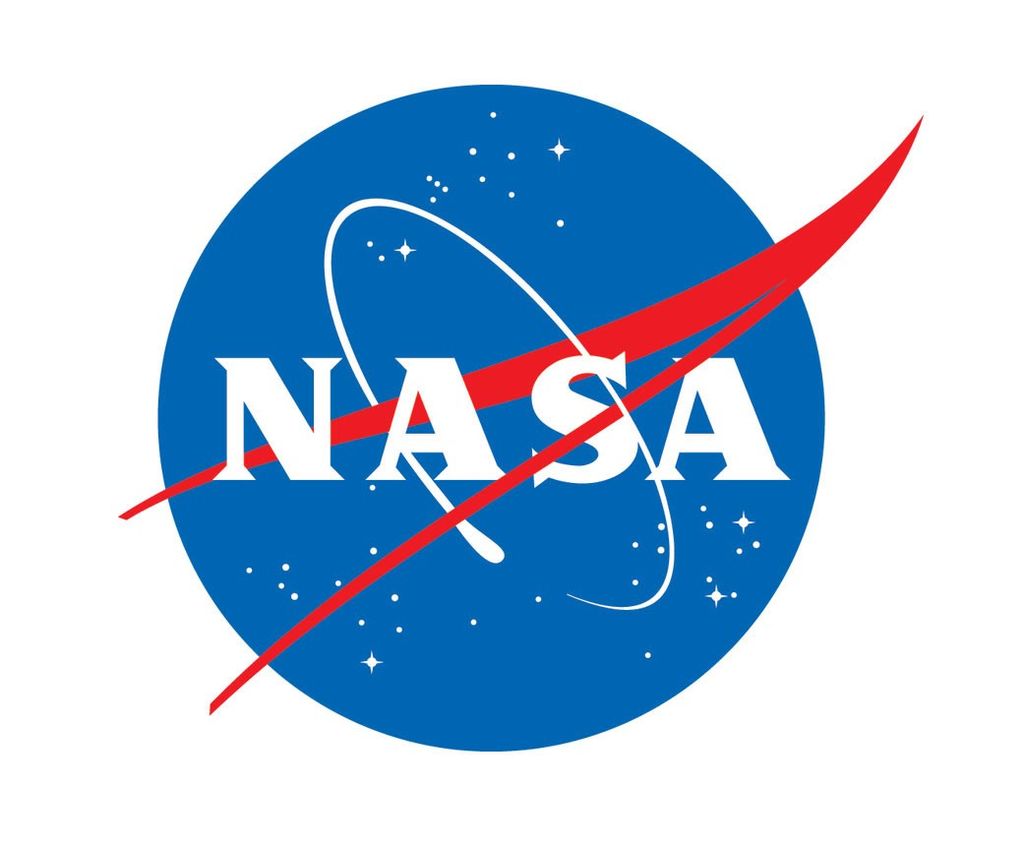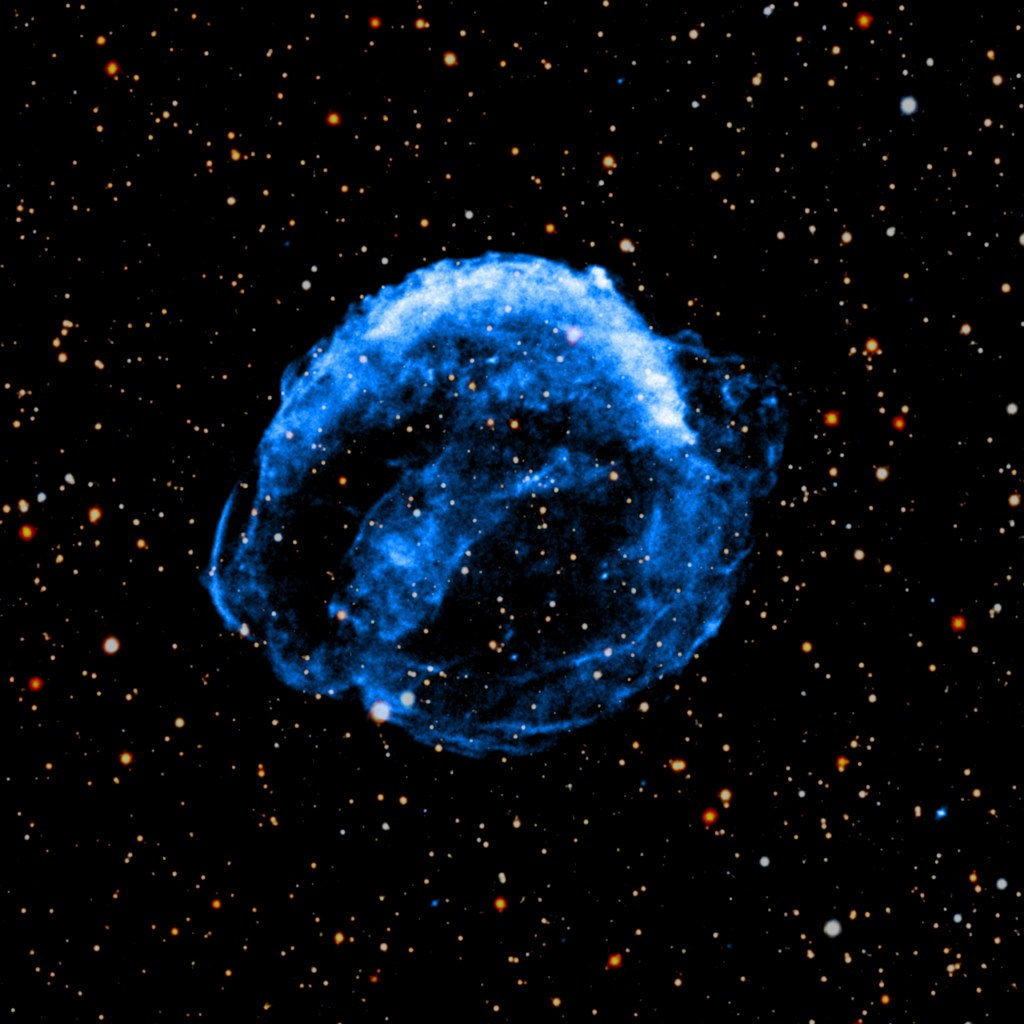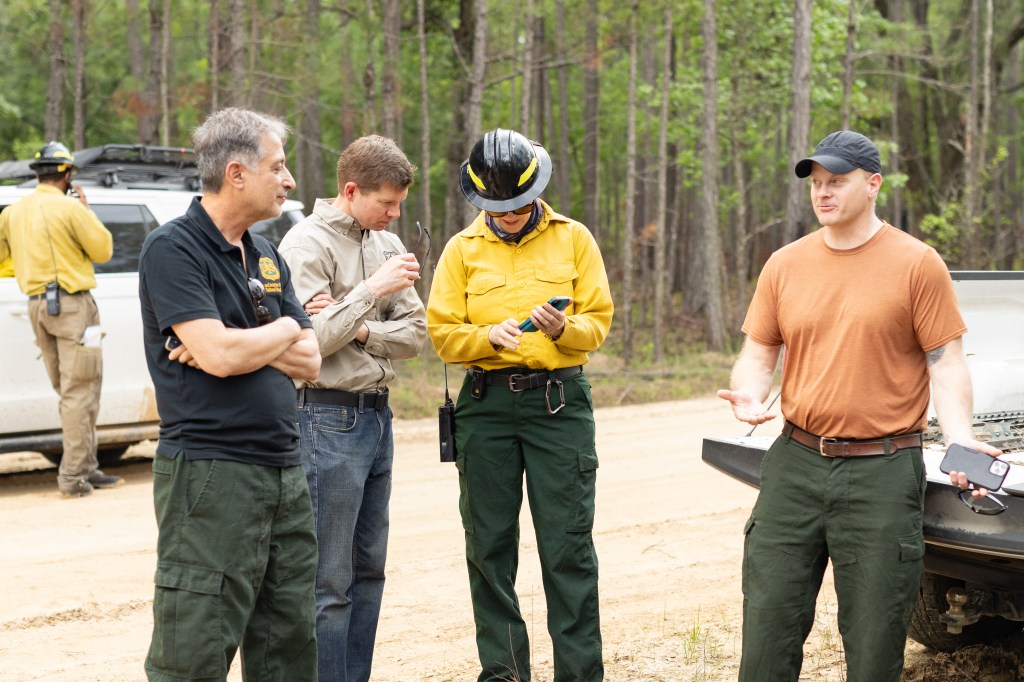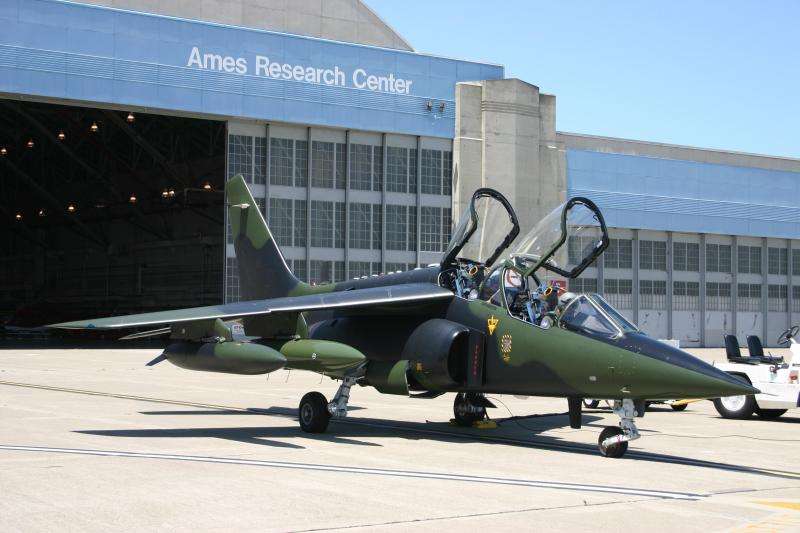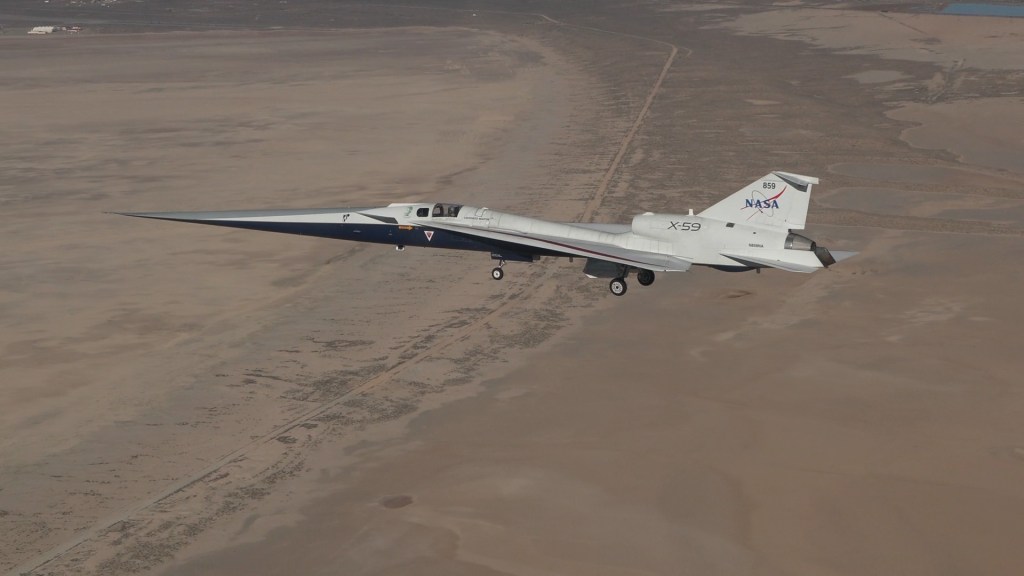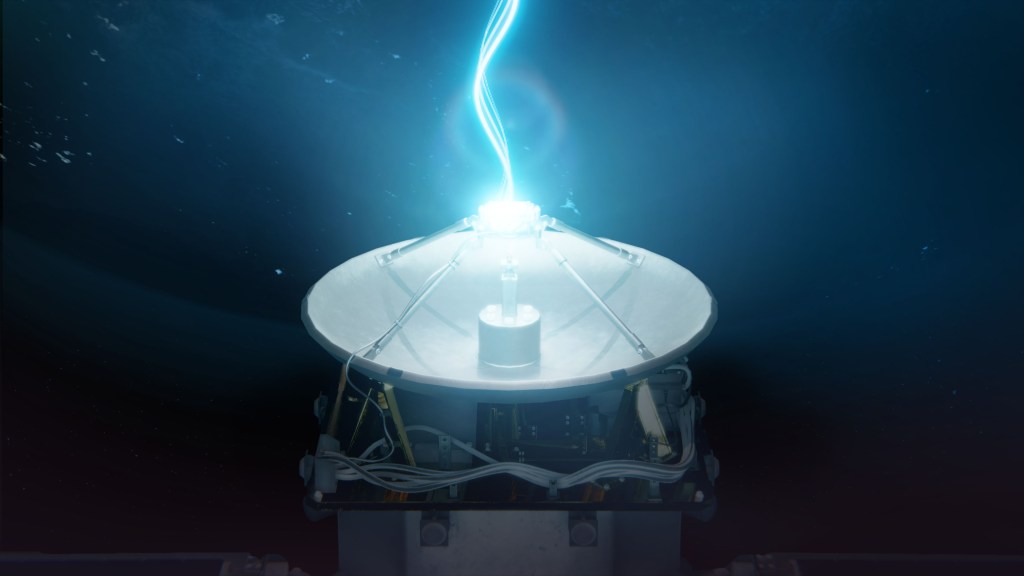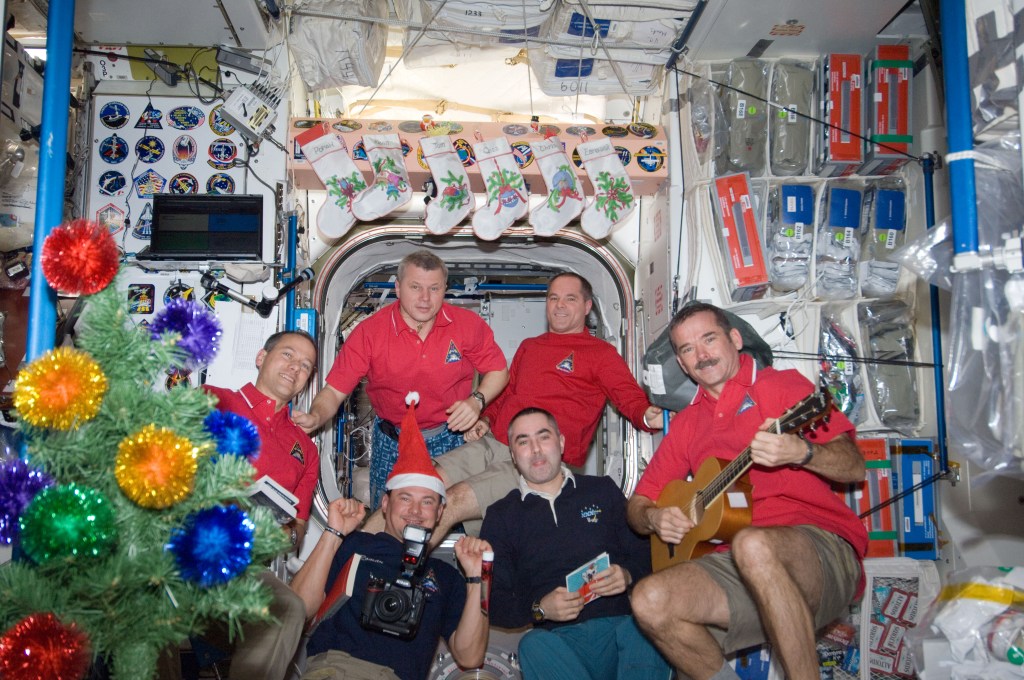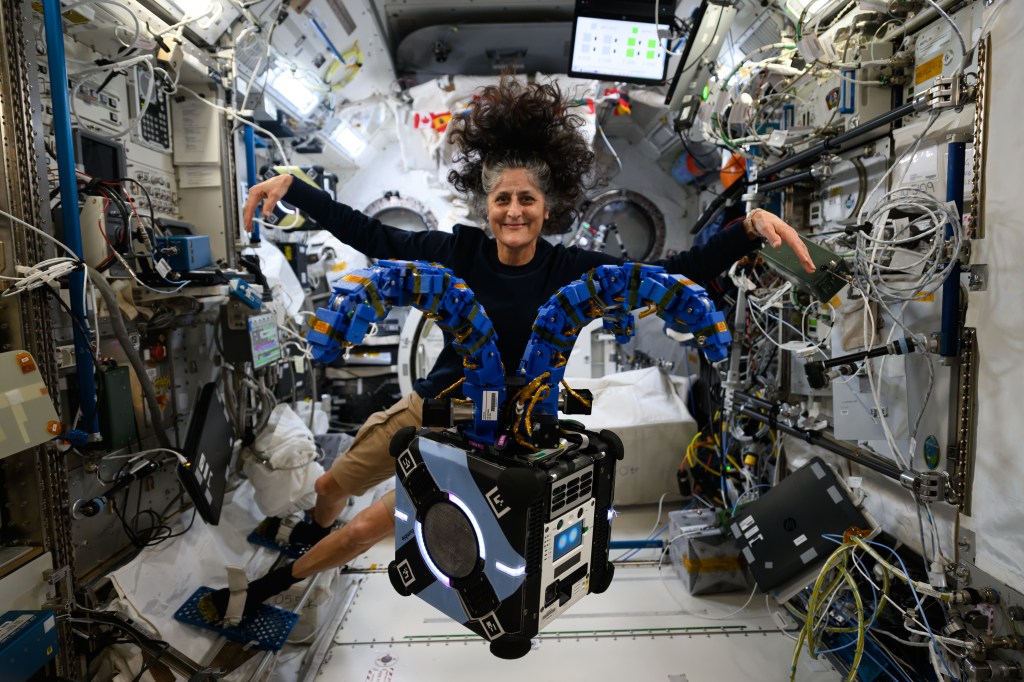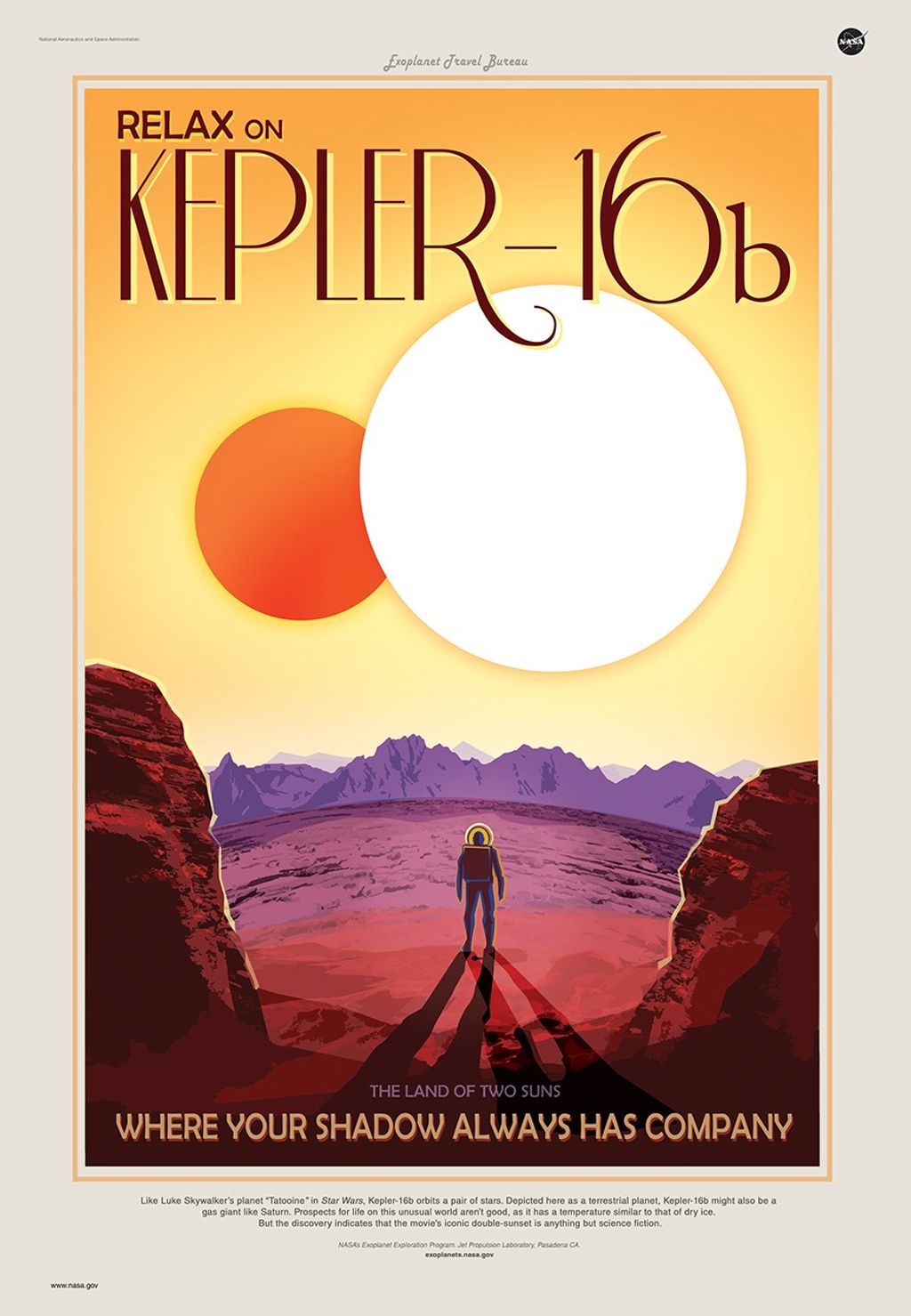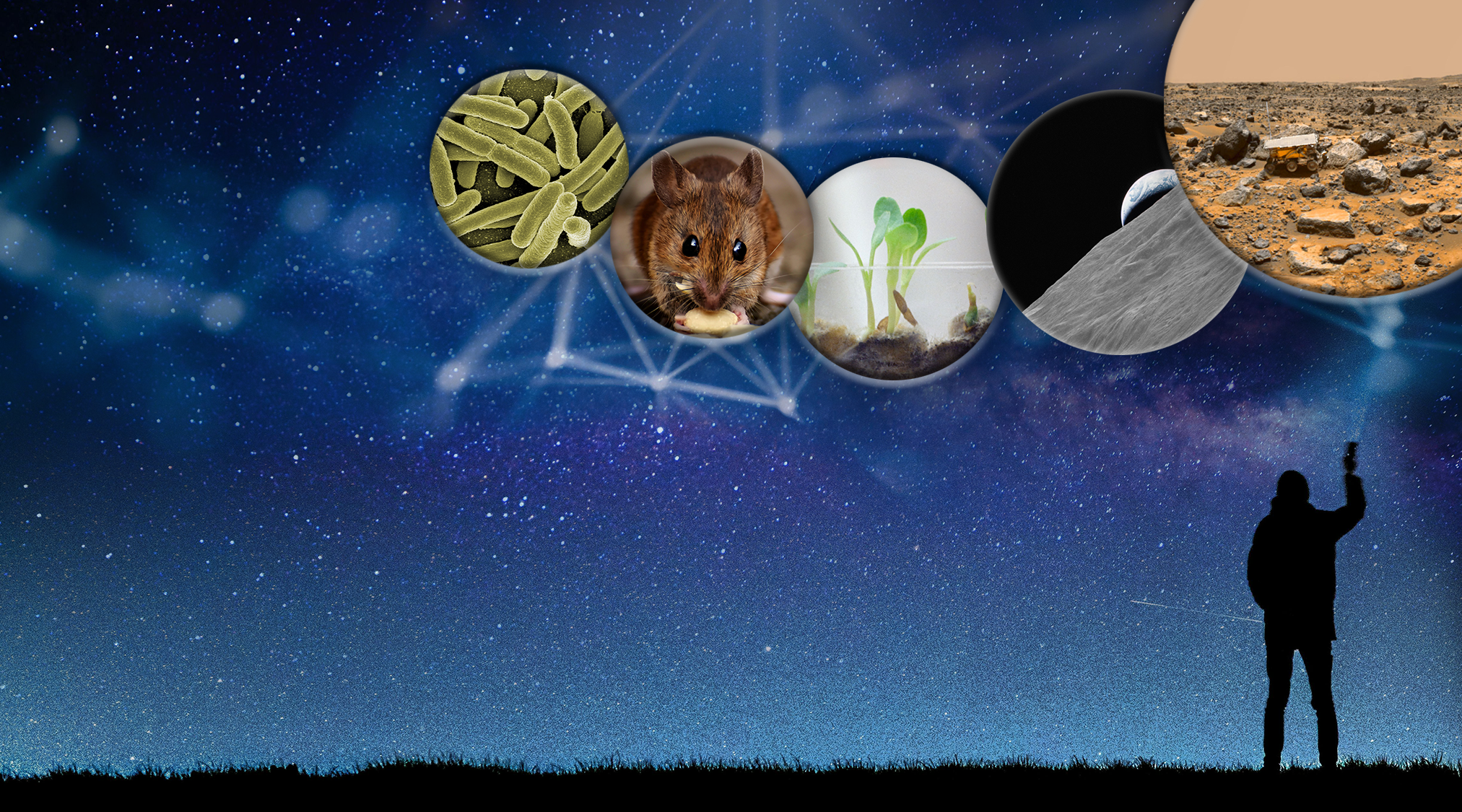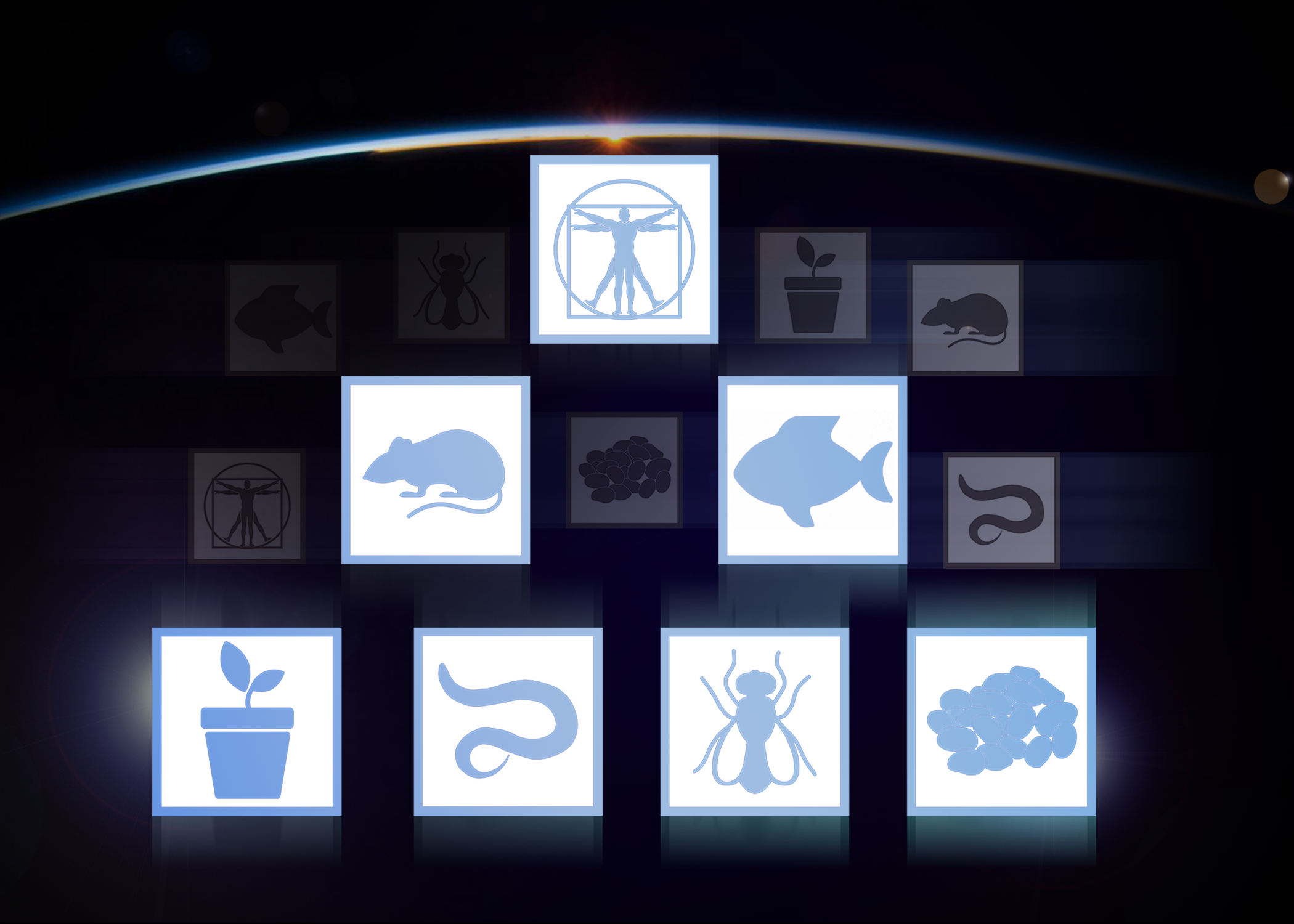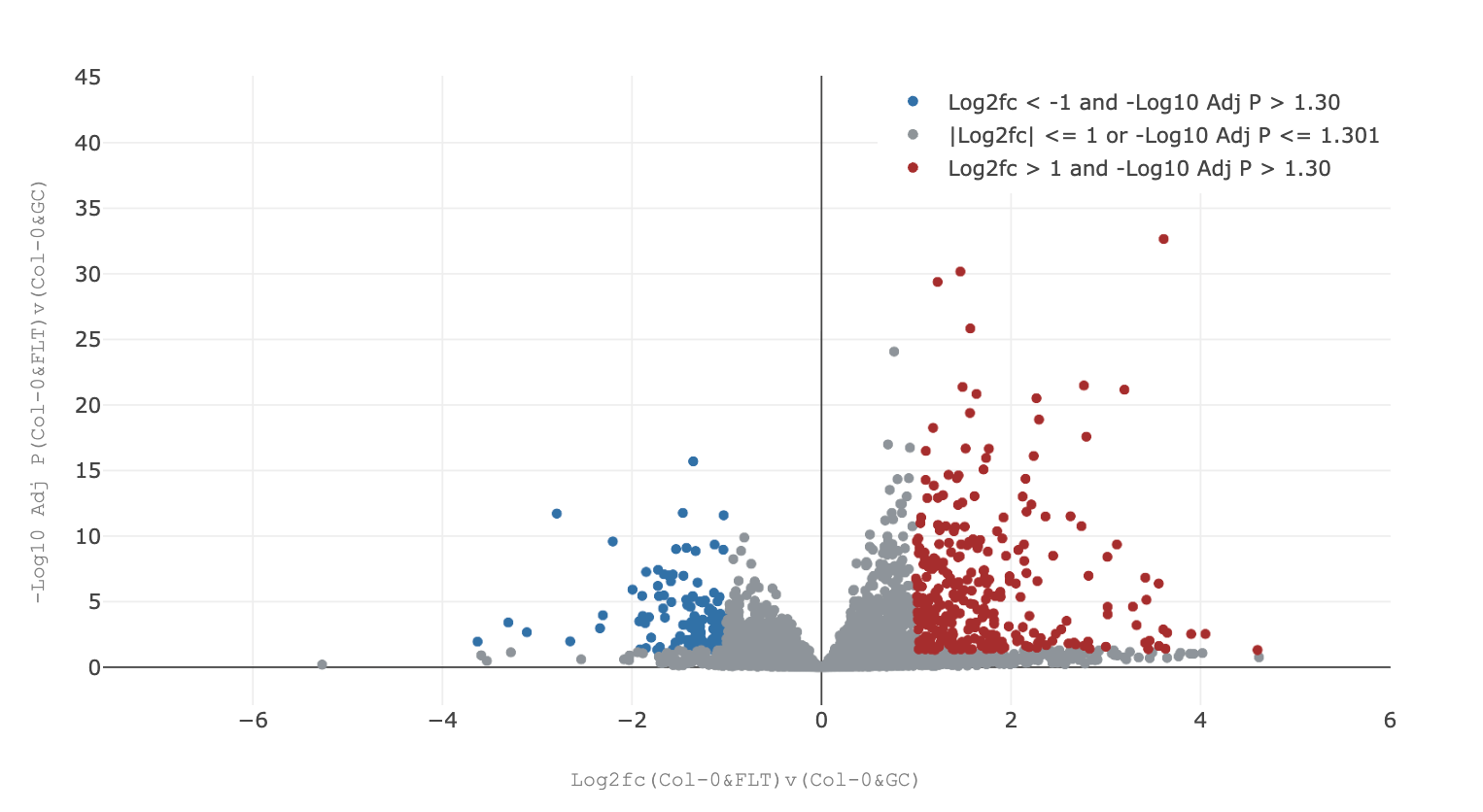| Learn more about OSDR | |
|---|---|
| About OSDR | Data Processing Overview |
| Latest News | Standard Operating Procedures |
| Latest Publications | FAQ |
| Newsletters | Contact OSDR |
About OSDR
Project Overview
The NASA Open Science Data Repository (OSDR) is a comprehensive platform designed to maximize the scientific value of biological experiments conducted in space or under spaceflight-like conditions to enable future missions to the Moon and Mars. It provides a robust infrastructure for users to upload, download, store, analyze, and visualize biological and environmental data collected from space-relevant experiments involving organisms such as mice, fruit flies, plants, and microbes. OSDR datasets are meticulously curated using standardized ontologies and metadata formats that are normalized across studies. Such standards maximize the AI-readiness of these precious data thereby improving search capabilities, enabling cross-dataset analyses, and enhancing our knowledge about the impacts of spaceflight on terrestrial biology so we can develop effective mitigation strategies for long-duration spaceflight.
OSDR services the life sciences community through its data repository and visualization suite, consisting of omics data from GeneLab and physiological, phenotypic, behavioral, bioimaging, and environmental data from the Ames Life Sciences Data Archive (ALSDA). These resources not only advance our understanding of how biological systems respond to space conditions, including microgravity and radiation, but also have direct applications for human health on Earth, such as improving treatments for osteoporosis, cardiovascular disease, aging, and microbial infections.
ALSDA
The Ames Life Sciences Data Archive (ALSDA), located at NASA Ames Research Center, is the official repository for non-human life sciences data generated by NASA’s Space Biology and Human Research Programs. ALSDA archives, curates, and provides access to higher-order phenotypic datasets—including physiological, behavioral, tissue, organ, and whole-organism data—from spaceflight and ground-based experiments. With over 30 years of life sciences research, ALSDA has modernized its systems to align with FAIR principles and integrated into NASA’s Open Science Data Repository, offering improved data accessibility and reuse through tools like updated data management plans, a single-point data submission portal, and cloud-based repositories. The archive supports cross-mission and interdisciplinary research, enabling discoveries related to space biology and human health, including insights into conditions like muscle atrophy and bone loss relevant to long-duration missions to the Moon and Mars.
GeneLab
GeneLab is NASA’s first comprehensive open-access platform for storing, sharing, and analyzing omics data from spaceflight and related experiments. It enables scientists worldwide to explore how microgravity, radiation, and the space environment affect DNA, RNA, proteins, and metabolites by providing rigorously curated and standardized multi-omics datasets along with essential metadata. GeneLab supports discovery by integrating diverse biological data types—genomics, transcriptomics, proteomics, metabolomics, and more—from a range of organisms including plants, microbes, and animals. These data help uncover the molecular mechanisms underlying physiological changes in space, such as bone loss, immune dysregulation, and microbial evolution—insights that are vital for protecting astronaut health and advancing space exploration. With applications reaching beyond space, GeneLab data also contribute to breakthroughs in human disease research, plant biology, and microbiome science. By maximizing the scientific return from rare and valuable space experiments, fostering a collaborative international community, and standardizing protocols for data quality, GeneLab accelerates innovation that supports both Earth-based medicine and long-duration missions to the Moon, Mars, and beyond.
Data Repository and Visualization Suite
OSDR helps scientists understand how the fundamental building blocks of life itself – DNA, RNA, proteins, and metabolites – change from exposure to microgravity, radiation, and other aspects of the space environment, and how these changes impact phenotypes, physiology, and behavior. OSDR does so by providing fully coordinated multi-modal datasets including omics data from GeneLab and physiological, phenotypic, behavioral, bioimaging, and environmental data from the Ames Life Sciences Data Archive (ALSDA). These data are provided alongside essential metadata describing each spaceflight and space-relevant experiment hosted on the OSDR repository. To enhance the accessibility and reusability of these data, GeneLab designs and implements standardized, community-driven, open-source bioinformatics workflows to transform raw omics data into standardized processed data, and ALSDA data are transformed into standardized data formats. These standardized data products are available on OSDR and have been integrated into a suite of visualization tools, including environmental, radiation, and multi-study biological data visualization platforms, thereby allowing users to simultaneously compare both biological and environmental data across multiple studies.
OSDR datasets from hundreds of space studies have been reused for meta-analyses and in AI/ML approaches for space biology health. This has led to new insights and scientific publications that extend beyond the initial research, thereby enriching our understanding of biological responses to the space environment.
Data Repository Terms and Conditions
The NASA OSDR is where researchers submit, curate, and share their research outputs, such as datasets, tissue derivatives, images, and videos.
NASA BPS Open Science Repositories include, but are not limited to:
- The Physical Sciences Informatics (PSI) repository
- Ames Life Sciences Data Archive (ALSDA)
- GeneLab (GL)
- NASA Biological Institutional Scientific Collection (NBISC)
With NASA’s suite of open BPS repositories, scientists can use existing datasets to make new discoveries, propose future investigations, or influence research trends.
Read more here: https://science.nasa.gov/reference/osdr-help-terms-and-conditions/

